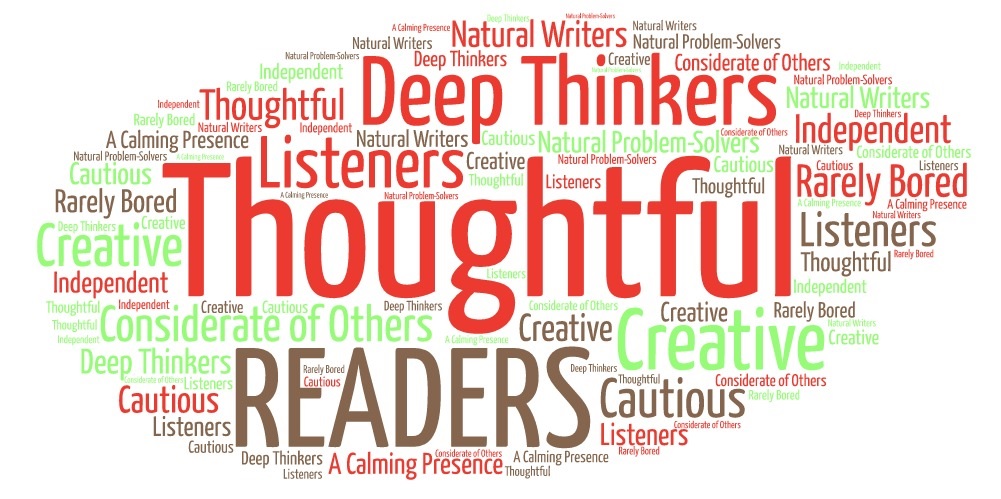The wise [leaders] adapt themselves to circumstances, as water molds itself to the pitcher. ~Chinese Proverb
 Several years ago I worked with a leadership team to help them actually function as a team. We started with Team 101, learning about each other. After they completed a couple of different personality assessments I gave them an assignment. They were to find at least one situation where they could adapt their behavior to another person’s personality preference to work together more effectively. Understanding and then accepting this assignment was more of a struggle for them than I anticipated. Changing their behavior to adapt to someone else, as leaders, they believed was not only counterintuitive but counterproductive. Oy!
Several years ago I worked with a leadership team to help them actually function as a team. We started with Team 101, learning about each other. After they completed a couple of different personality assessments I gave them an assignment. They were to find at least one situation where they could adapt their behavior to another person’s personality preference to work together more effectively. Understanding and then accepting this assignment was more of a struggle for them than I anticipated. Changing their behavior to adapt to someone else, as leaders, they believed was not only counterintuitive but counterproductive. Oy!
When I facilitate a training around any personality-type instrument, I’m nearly always asked, “What’s the best personality for a leader?” The answer is the same, regardless of tool or survey. The most effective leaders are those who are best at adapting their behavior to other styles or types.
I’ve also learned that I need to define adapting. Adapting is not conceding, giving in, or even compromising. Adapting is modifying your behavior to more closely reflect the person (or group) with whom you are communicating.
For example, some people make immediate decisions, and others process first and then make a decision. If you need an answer from someone who makes immediate decisions, you could call them, ask your question, and expect an immediate answer. If you need an answer from someone who processes first, you could email them your question and let them know you’ll stop by later to see what they think.
Why does adapting matter?
First, by adapting you create an environment for others to be most effective. You get the best out of people when you adapt to their style/preference.
Two, by adapting you surround people with an environment where they can thrive. Consequently, they may be more likely to hang around a little longer. Your employee retention could increase.
Three, by adapting your communication is clearer. Clearer communication could mean fewer mistakes.
Four, by adapting you increase trust. More trust allows you to increase your speed – speed of innovation, problem solving, etc.
Leaders who aren’t willing to adapt, I believe, prioritize feeding their own ego over effective leadership. Effective leaders don’t have a specific personality type. Effective leaders are both willing and able to adapt their behavior to others’ personality types.
Effective leaders adapt themselves to circumstances, as water molds itself to a pitcher.



